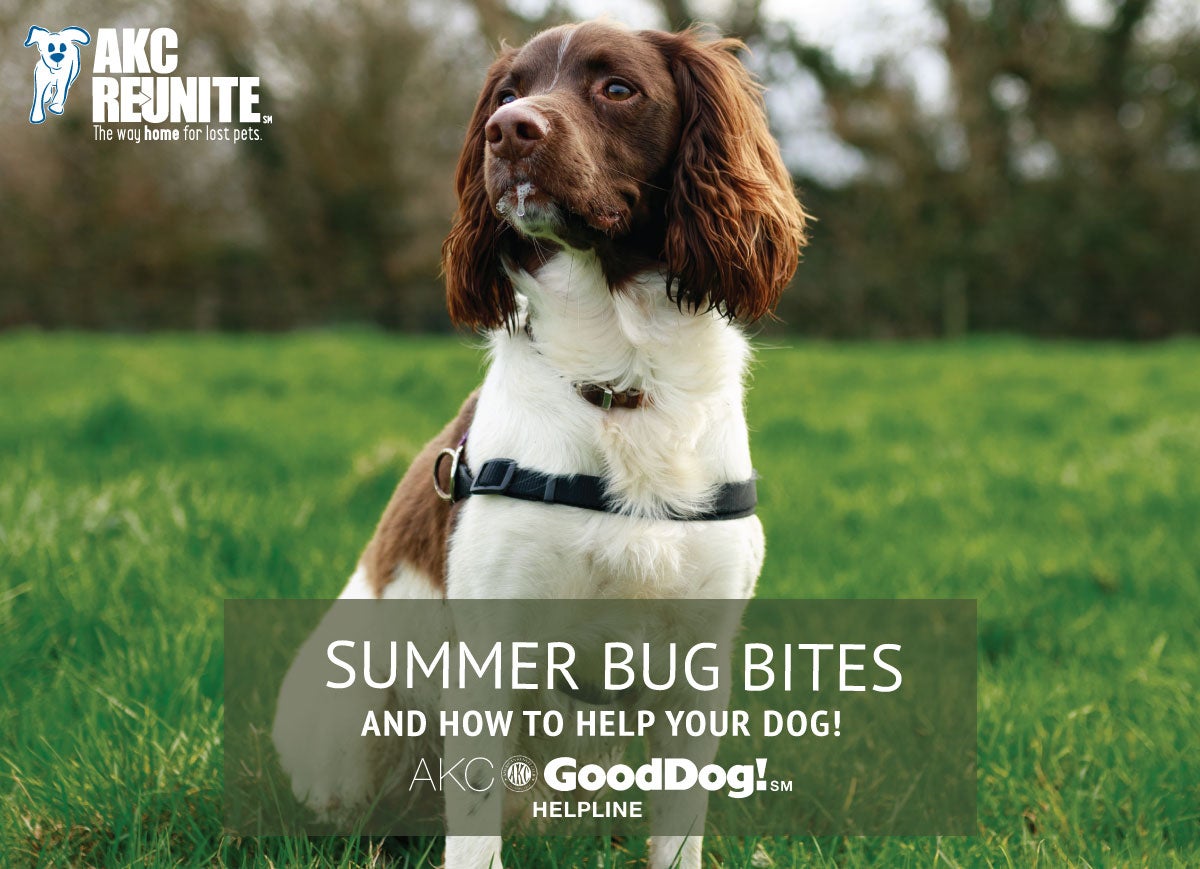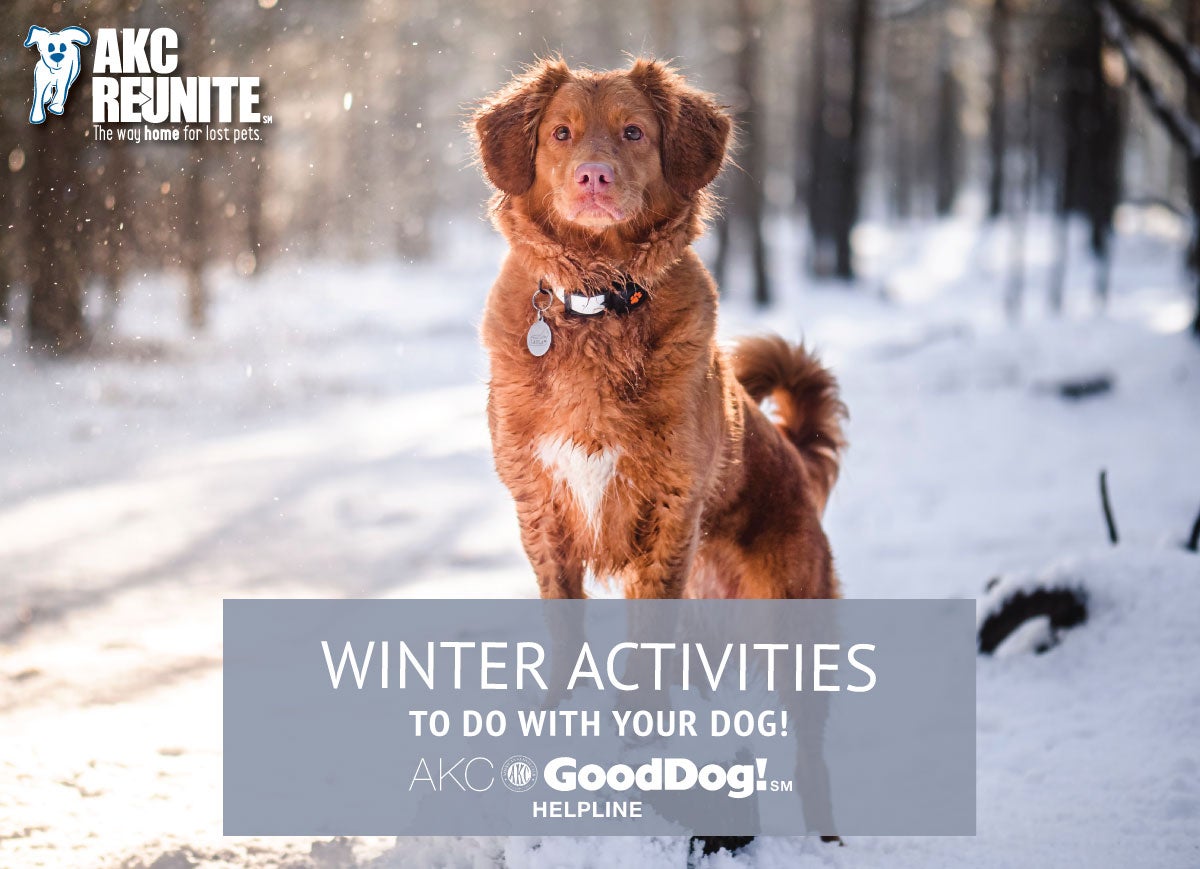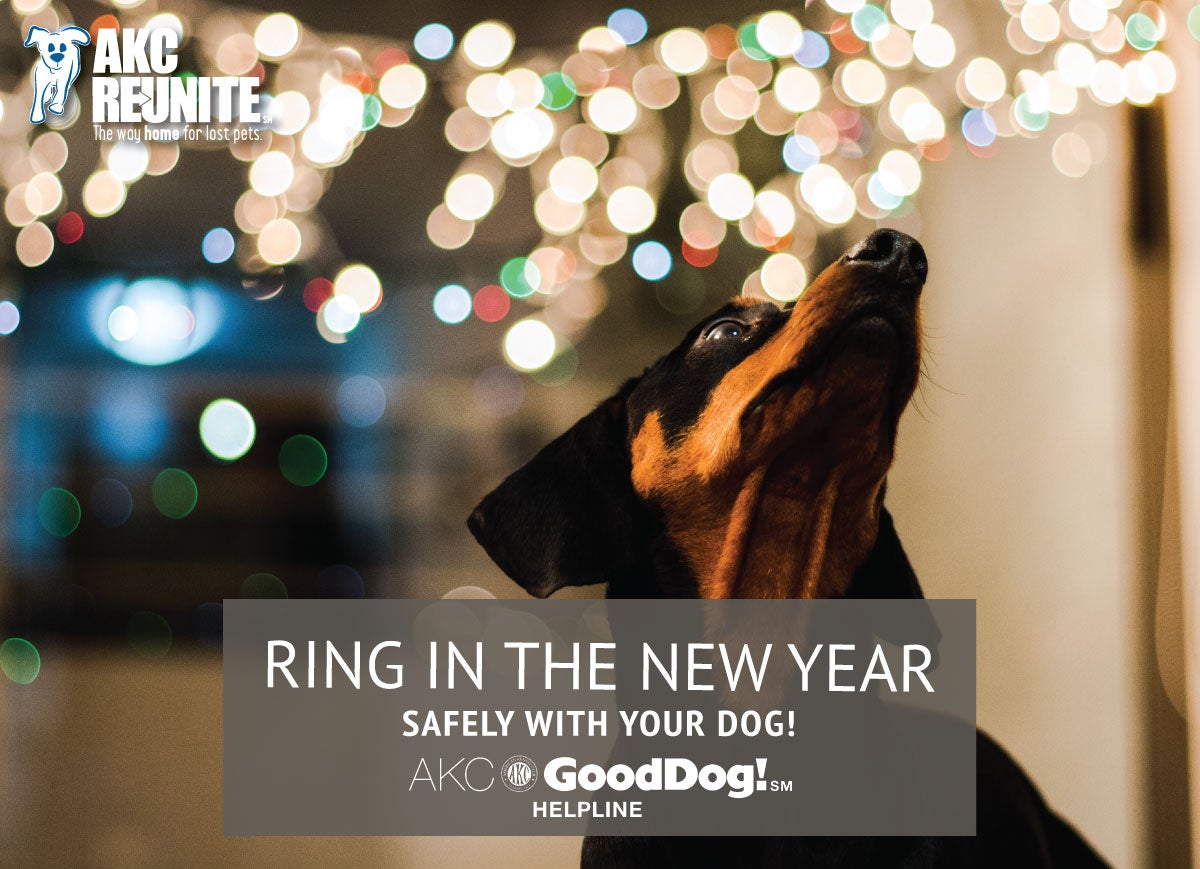What to do When the Bugs Bite your Dog!
Brought to you by the AKC GoodDog! Helpline – the AKC’s 7-day-a-week training support service
By: Hilarie Erb, AKC GoodDog! Helpline Trainer
Most people think summer is the best time to be outside with their best friend, and in so many ways, they are right. But summer is also the buggiest season. Besides fleas and ticks, there are mosquitos, bees, wasps and hornets, ants, spiders, scorpions, kissing bugs, and many more that can spoil the fun.
Whenever possible, avoid bug bites in the first place. For fleas and ticks, your dog should be on preventives recommended by your veterinarian.
For other bugs, avoidance is the best way to go. By nature, dogs are nosy, so be very careful about letting yours snoop in dark, damp places such as under porches and decks, old logs, etc. Black widow and brown recluse spiders don’t go out of their way to bite, but if disturbed in their hiding places, they will. If you think your dog has been bitten by one of these, see a vet immediately.
For bee stings, try to find the stinger and scrape it off with a credit card. Using tweezers can cause more of the venom to be injected into the dog’s skin. Note: wasps and hornets do not leave a stinger. Make a paste of baking soda and water and apply it to soothe the skin. An ice pack can help, and oatmeal baths can also bring some relief. If a sting is in the facial or neck areas, watch carefully for swelling that might interfere with breathing or swallowing. If your dog disturbed a hive and got multiple stings, seek veterinary help immediately.
Keep Benadryl (diphenhydramine), original formula, in your dog’s first aid kit. It should NOT be the kind with phenylephrine, a decongestant, which is dangerous for dogs. Always consult with your vet for the correct dosage before administering to your dog.
Just like humans, dogs can have severe reactions to insect bites and stings while others are less affected. Signs that your dog needs urgent veterinary care for a bite or sting:
- Severe swelling
- Hives anywhere on the body
- Difficulty breathing
- Excessive drooling
- Agitation
- Seems disoriented
- Seizures
- Excessive licking of a specific area
- Trouble urinating/defecating or a housetraining mishap
Pay attention to any sudden pawing at the face, licking of a foot, or sudden swelling – it could be an insect bite. When you hear a sudden yelp from your dog, consider that it could be a sting. If at all possible, identify the insect or try to catch it in a jar so the vet can identify it.
Familiarize yourself with the types of insects that live in your area. Your veterinarian can offer good advice on this and provide tips on what you should have on hand for first aid. If you take your dog hiking or on camping trips far from home, research ahead of time to be prepared for what kinds of bugs may live there. Dogs’ hair provides great protection, so don’t shave it to the skin. Taking precautions will let you enjoy the great outdoors with your best friend.
For more tips and advice on training your dog, join the AKC GoodDog! Helpline, a seven-day-a-week telephone support service staffed by experienced dog trainers: www.akcgooddoghelpline.org.
RELATED POSTS
Basic Training Cues Your Dog Will Love
A good relationship with your puppy doesn’t just happen overnight, but it’s easy to build one with simple cues and positive reinforcement training!
Winter Activities to do with your Dog!
Unless you live in a year-round mild climate, you and your dog can get stir-crazy during cold, snowy, or wet winter weather conditions. That's why we've compiled a list of winter activities you can do with your best friend!
Ring in a Happy and Safe New Year with your Dog
Start the new year off with a celebration and some resolutions that will make the party — and the coming year — safe for your dog!





